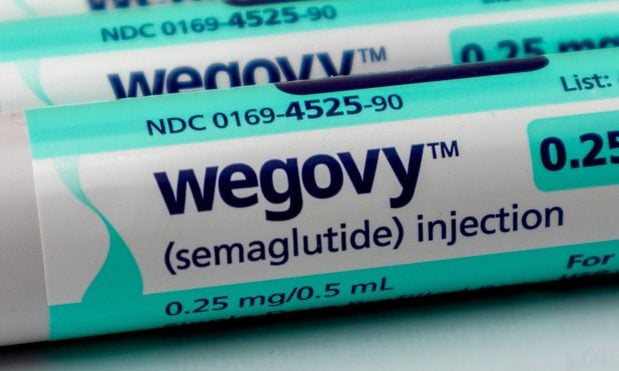Pharmaceutical companies responsible for some of the biggest price hikes in recent years earned bipartisan condemnation at a recent hearing of a Senate committee.
Turing Pharmaceuticals, Valeant Pharmaceuticals, Retrophin Inc. and Rodelis Therapeutics were criticized by members of the Senate Special Committee on Aging for buying the rights to life-saving drugs and then dramatically hiking their price. Increasingly, companies backed by hedge-funds and other venture capital have been scooping up some of the top off-patent medications.
"The Turing and Valeant price spikes have been egregious," Sen. Susan Collins, R-Maine, the committee chair, said at a hearing Wednesday. Her Democratic counterpart on the committee, Missouri Sen. Claire McCaskill, voiced similar suspicion in an interview with NPR.
Recommended For You
"This may be a business model," McCaskill says. "It may be a way of gouging the public with drugs that are off patent but don't have a lot of competition because they're not widely prescribed."
Turing is the company led by Martin Shkreli, the controversial former hedge fund manager who made headlines in September after hiking the price of Daraprim, a medication used by many HIV patients, from $13.50 a pill to $750 a pill. Turing had purchased the rights of Daraprim from another company for $55 million the month before.
"We've had nontraditional companies come in, buy the rights to these drugs and then hike it up very high — and, as one executive put it, just because they can," Collins told NPR.
While Shkreli initially responded to the criticism by promising to lower the price of the medication, he has only reduced the price charged to hospitals for the drug. Since then, he has seemingly shrugged off criticisms by saying that his job is to generate a return for investors.
Other companies targeted by the investigation have defended themselves, saying the prices are simply intended to recoup their investment. But many have been largely evasive in response to questions from the media and Congress. None of the companies have provided the Senate committee with the documents it requested by last week. As a result, the committee leaders have said they may issue subpoenas.
"We set prices based on a number of factors, including the cost of the development or acquisition of a drug, the availability of substitutes or generics, and the benefits it offers versus alternative treatments that might be more costly," Valeant told the Associated Press.
© 2025 ALM Global, LLC, All Rights Reserved. Request academic re-use from www.copyright.com. All other uses, submit a request to [email protected]. For more information visit Asset & Logo Licensing.







